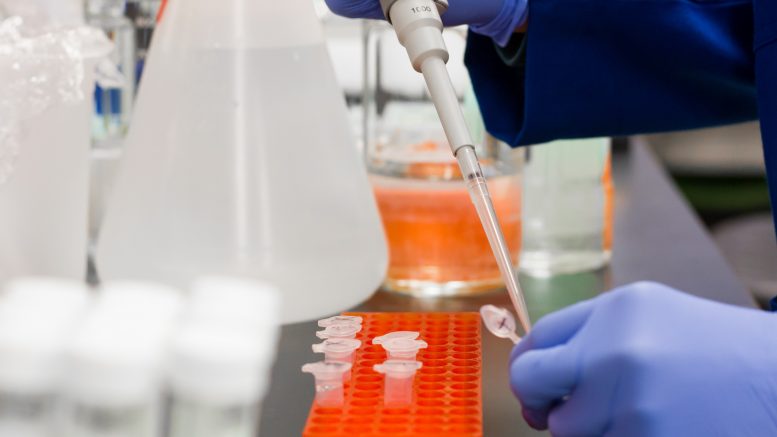London might be the first in the country to start its own one-day testing and tracing system after problems with the NHS’s Test and Trace.
The Barking and Dagenham Council in east London is working to set up its own local tracing programmes to fill the gaps left by the national system.
The aims are to make getting tested easier for Londoners, as well as creating a more efficient tracking and tracing system to get in contact with people who had close contact with those who tested positive.
The Statistical Bulletin of the Department of Health and Social Care states that from the 8th and the 14th of October, a total of 101,494 people tested positive for Covid-19. The NHS Test and Trace system was able to identify 251,613 people as coming into close contact with those who had tested positive, a rather small number considering that it is roughly double the number of the positives, and successfully contacted only 59.6% of them.
Prime Minister Boris Jonson admitted in a televised briefing that the tracing system is not giving the hoped-for results:
“I share people’s frustration […] we do need to see faster turnaround times and we do need to improve it.”
The London Council is now working on setting up local testing and tracing systems. Chelsea, Kensington, Hammersmith and Fulham and Hackney have already launched their own programs at the end of September, which are already achieving better results than the government’s own.
The numbers are speaking clearly, the Hammersmith and Fulham team successfully contacted 254 of the 317 infected who the NHS’ tracing system had not managed to find. Stephen Cowan, the Council’s leader, told the Evening Standard:
“We are reaching more people than the Government and we have a better understanding of what’s going on locally. Our team isn’t just telling people they have the virus, we are doing welfare checks and getting to the bottom of where they believe they caught it.”
This reverse tracing system, aimed at finding where and when people who tested positive might have caught the virus, could allow local tracing systems to have an even better understanding on the spread of the virus and the zones more at risk, like public transport, pubs or crowded squares.
Following these encouraging results more London boroughs are working to start their own tracing program. Harrow and Tower Hamlets will have their own up and running from next week.
Baroness Dido Harding, the Interim Executive Chair of the National Institute for Health Protection, commented on the progress of the Test and Trace system telling Voice of London:
“Strengthening our partnerships with local public health teams […] will further improve the speed with which we are able to trace and contact people in their communities.”
Other testing initiatives in London:
- Tests could also be run on public transport; the Imperial College has set up a trial which using a sensor can test the presence of the virus in the air. This device can test up to 300 litres of air per minute and can perform very well in closed spaces like an underground train’s wagon or busses.
- Heathrow airport was the first one to set up its testing facility where passengers can get tested for Covid and get the result within an hour. The procedure must be booked beforehand and has a cost of £80.
Words: Sara Guadrini | Subbing: Arwa Nadeem

